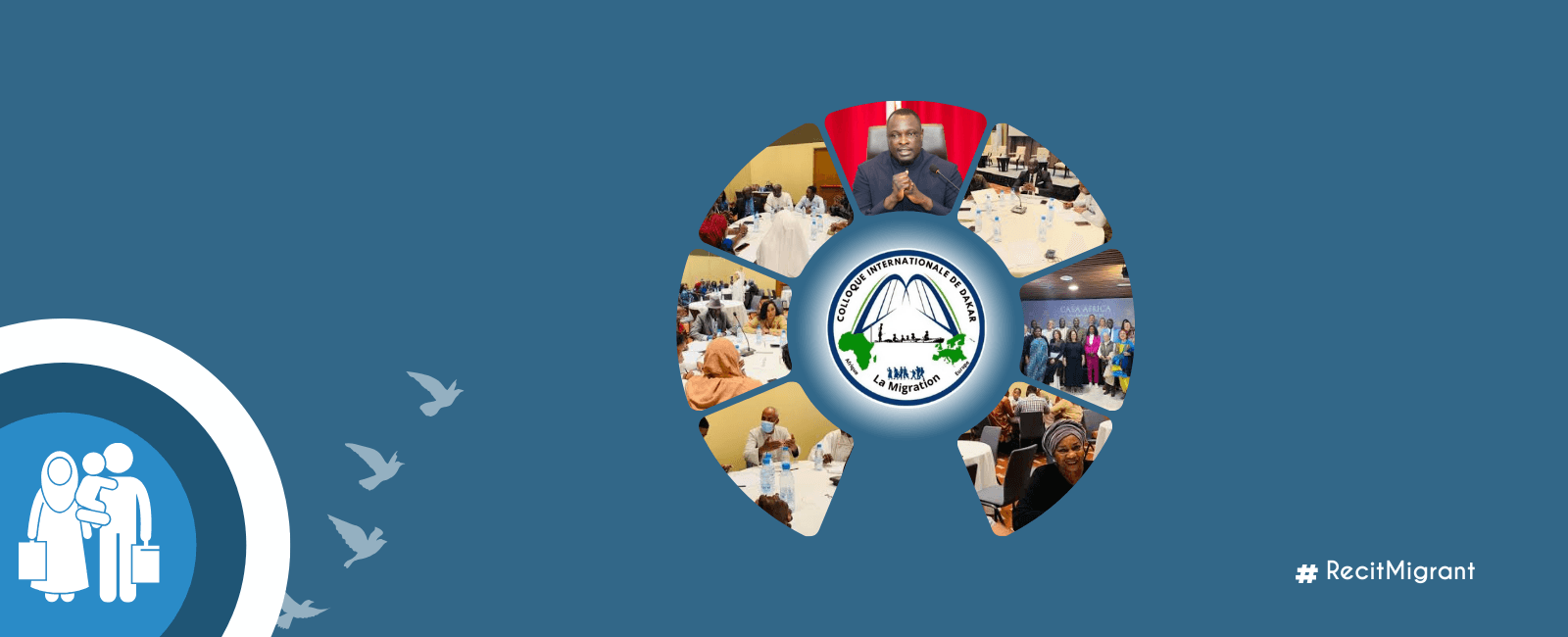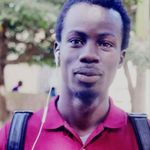

Following the 2024 edition in Las Palmas, Spain, the 2025 Dakar International Colloquium on Migration was held from 10 to 12 April. The colloquium aimed to foster in-depth discussions and drive concrete actions to improve the conditions of migrants around the world. Organised by the NGO Otra Africa, the event brought together experts and government representatives, including Spain’s Minister for Inclusion, Social Security and Migration, Elma Saiz Delgado, among others. The overarching goal was to contribute to building a more sustainable and humane approach to migration for the future.
The subject of migration is one that can never be adequately discussed. The global context, characterised by the self-sufficiency of states in particular, has led to a renewed interest in the subject. This was the focus of the recent Dakar International Colloquium on Migration. This year’s conference focused on the theme of “International migration: a bridge and a vector for development between Europe and Africa”. Amadou Chérif Diouf, Deputy minister in charge of Senegalese in the diaspora, chaired the opening ceremony.” Migration brings both opportunities and challenges. It is also a powerful driver of social, economic and cultural change.
Against this backdrop, this international conference is being held as a forum for reflection on migration issues. It aims to stimulate wide-ranging debate to identify and promote a multi-stakeholder framework for dialogue on the challenges and opportunities that migration offers to support development and strengthen Europe-Africa cooperation”, said Amadou Chérif Diouf.
In his discussions with the Spanish Minister for Migration, Amadou Chérif Diouf advocated for a comprehensive reassessment of Europe’s migration policies. He emphasised the need for an approach that guarantees “real protection and decent living conditions for migrants, while promoting a welcoming environment that respects human rights.” Broadening the perspective, the Secretary of State reaffirmed the positive contributions of migration to host countries. “Migration can be a powerful engine for development,” he stated, “maximising benefits for all stakeholders, both in countries of origin and destination.” At the same time, Mr. Diouf acknowledged the complex and often harsh realities surrounding migration. “It is frequently marked by serious challenges, including human trafficking, exploitation, integration difficulties, humanitarian crises, rejection and stigmatisation,” he noted, underscoring the urgent need for holistic, humane and collaborative policy responses.
Amid complex expectations and pressing questions, Amadou Chérif Diouf stressed the importance of establishing “fair and mutually beneficial partnerships that integrate migrants and implement inclusive and sustainable development policies.”
He argued that such efforts are essential “this is the price we will have to pay to truly transform migration into a vector of shared progress.” In his address, the Deputy minister also outlined Senegal’s long-term vision to make migration a choice rather than a necessity. “Senegal is committed to creating the conditions for sustainable economic development and political stability,” he stated, “so that our fellow citizens migrate out of desire and ambition, rather than out of desperation.”
As the Dakar International Symposium on Migration, organised by the NGO Otra Africa, draws to a close, it is important to underscore its timeliness. In a global context where the plight of migrants often receives limited political attention, this initiative stands out as both urgent and necessary.
The human dimension of migration was strongly reflected in the symposium’s central theme: “International Migration: A Bridge and Vector for Development between Europe and Africa.” This perspective reaffirms migration as not just a geopolitical issue, but a profoundly human one. According to Mr. Diallo speaking during the closing session, the symposium’s will be formally included in Senegal’s national calendar of official meetings and will be registered with both the Senegalese Copyright and Neighbouring Rights Association (SODAV) and the African Intellectual Property Organisation of Senegal, ensuring its visibility and recognition on both national and regional platforms.
Recently Published
Subscribe to our newsletter!
Quick Links


